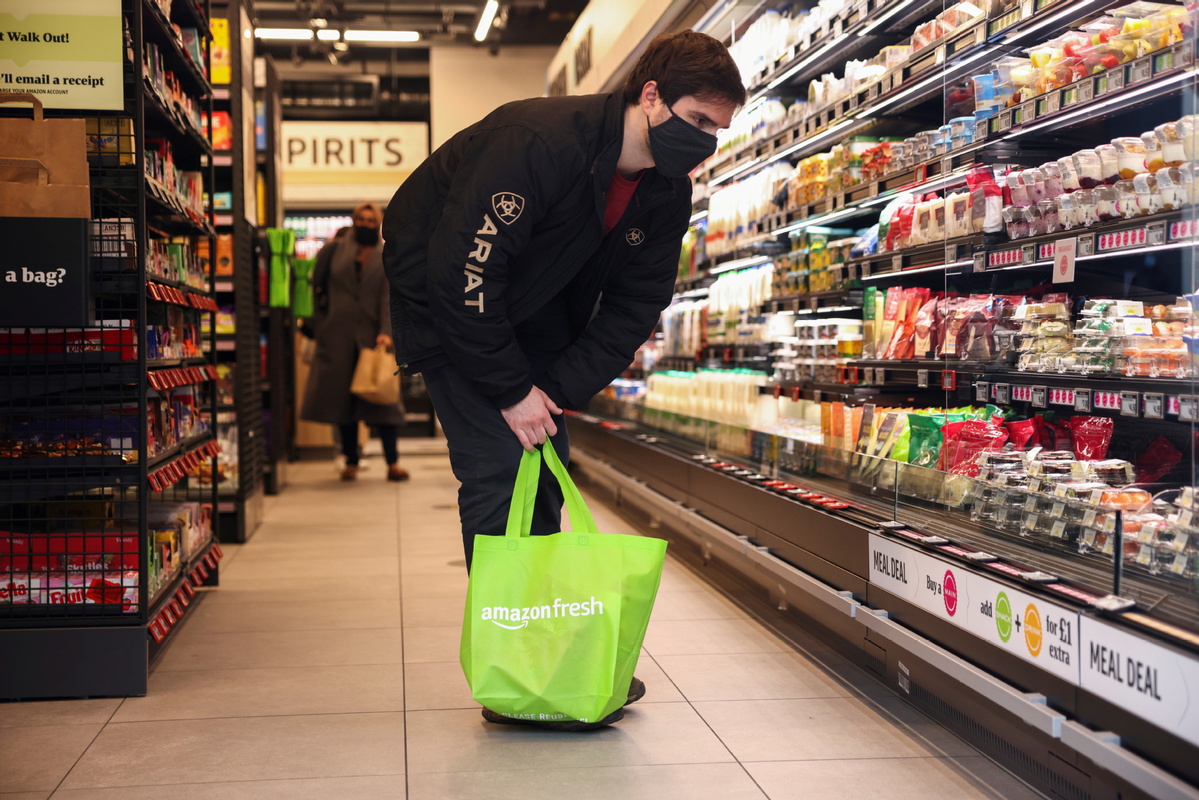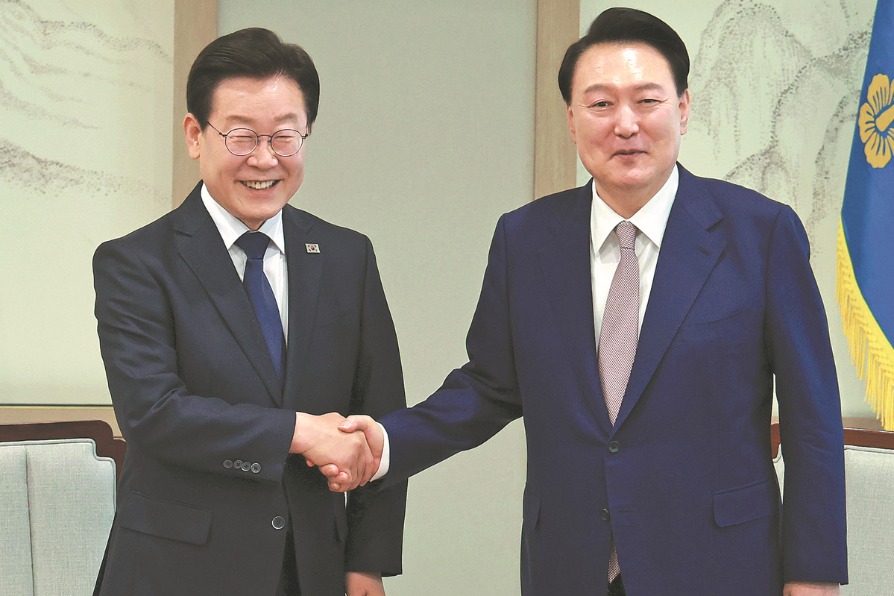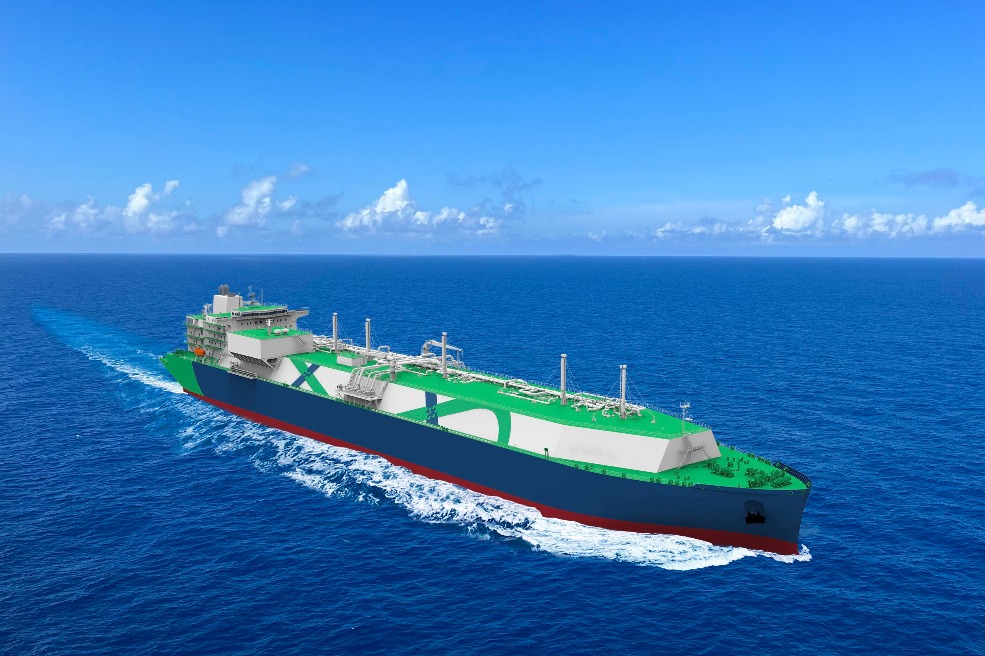British economy faces pressure as supply, labor shortage issues bite
By JONATHAN POWELL in London | China Daily Global | Updated: 2021-09-29 10:03

The United Kingdom's economic recovery from the pandemic continues to slow and the nation was now into the "hard yards", the governor of the Bank of England has said.
In a speech to economists, Andrew Bailey said that interest rates would have to increase to address rising prices but that the economy was not currently strong enough to sustain that intervention.
He said tightening monetary policy "could make things worse in this situation by putting more downward pressure on a weakening recovery of the economy".
Experts have said that panic buying at petrol stations threatens to send the economy into reverse next month as supply bottlenecks affect the availability of goods and services.
Bailey acknowledged that the economy had been "buffeted by additional shocks" and that "the pressures are still very much with us".
He said: "The switch of demand from goods to services, as COVID has faded in terms of its economic impact, has not taken place to date on the scale expected. Meanwhile, supply bottlenecks and labour shortages have weighed on output, and are continuing."
Price pressures would be "transient", he said, as demand shifted to services, supply chains adjusted and commodity prices returned to average.
He added: "A lot, therefore, turns on how effectively supply capacity is rebuilt and over what time, and how the labor market evolves. These are truly hard yards."
The Daily Telegraph quoted Paul Dales, chief UK economist at Capital Economics, as saying that it was unlikely the economy was set to "suddenly get stronger". He said the current rush on fuel spending would likely weaken petrol sales in the first weeks of next month.
He said: "There's not much evidence that September was really that good, so we're getting to the stage where you might actually think instead of this recovery continuing, is there going to be a patch where we actually go backwards a little bit? That would be really quite striking when we're still 2 percent below our pre-pandemic level."
The UK government has opened talks on joining the Comprehensive and Progressive Agreement for Trans-Pacific Partnership (CPTPP), which Reuters reported could add around 1.8 billion pounds ($2.5 billion) to the British economy over the long-term. It said accession to the pact would supplement trade deals already agreed.
The CPTPP is a free trade agreement (FTA) between Australia, Brunei Darussalam, Canada, Chile, Japan, Malaysia, Mexico, Peru, New Zealand, Singapore and Vietnam.
The agreement between existing members is described by the Chatham House policy think tank as one that reduces trade tariffs for goods, but also sets rules in areas such as services, investment, intellectual property, digital trade and state-owned enterprises.
CPTPP members account for 13 percent of global GDP and 15 percent of global trade, it said, noting that joining will renew the UK's trade terms with partners in just one negotiation.
"This is a big milestone on our path to joining CPTPP, which will allow us to forge stronger links both with old friends and some of the world's fastest-growing economies," International Trade Secretary Anne-Marie Trevelyan said in a statement.
























